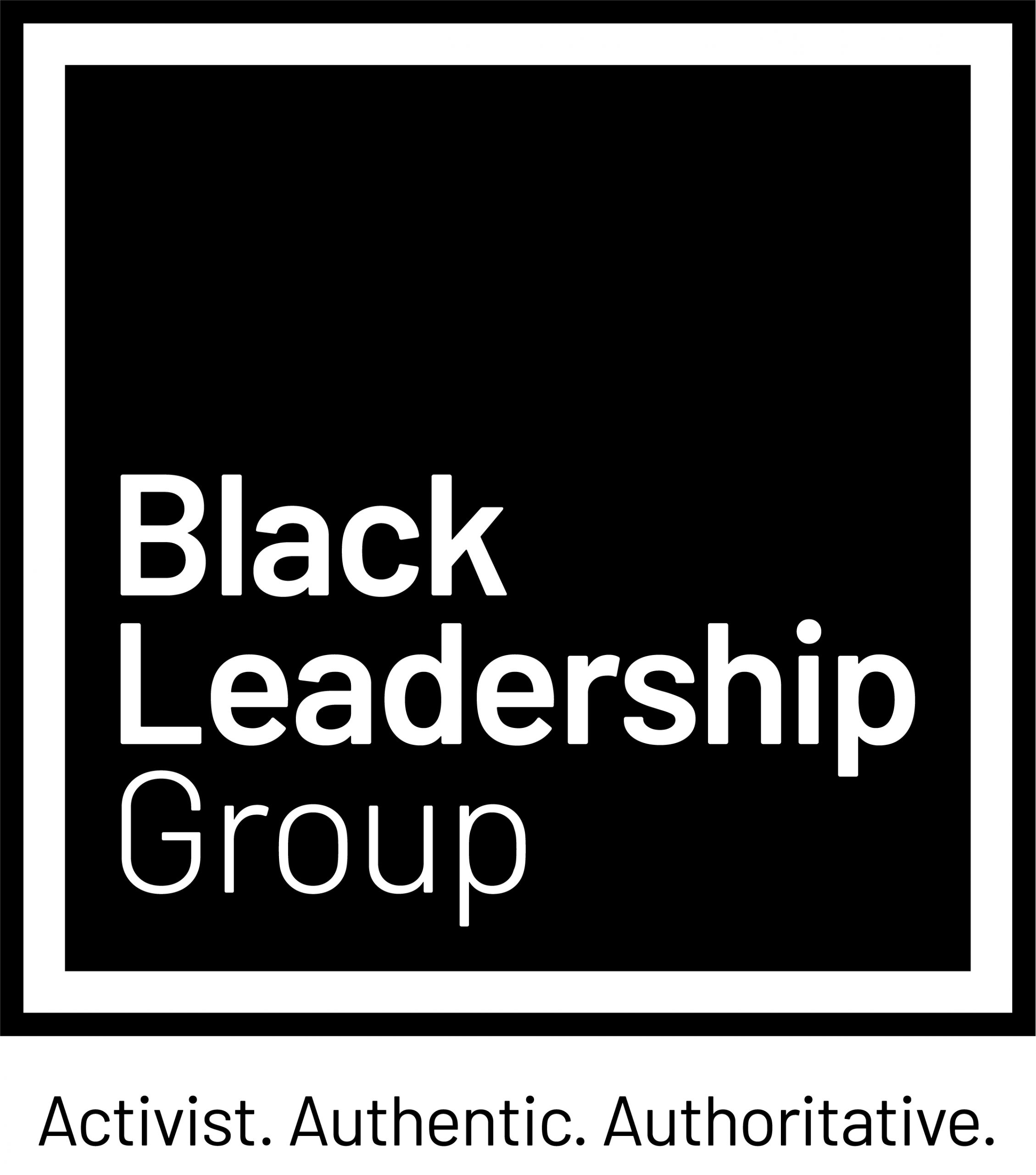Why representation is critical to achieving equity in education
by Amarjit Basi, Director, Black Leadership Group

When considering student attainment within the UK context, it is right that we focus on more than the academic achievements of people. It’s also about their progression from educational outcomes to employment outcomes, to earnings and, ultimately, to career progression. Students’ experiences through formal education are just the beginning of their journey.
And when you adopt this perspective, a concerning picture emerges about ethnic equity in the UK education system. The Black Leadership Group (BLG) uses Black as an inclusive definition for people from ethnically diverse backgrounds who share a lived experience of the effects of racism. It’s a complex situation, but empirical evidence identifies that from the age of 16 onwards, Black groups increasingly encounter barriers associated with their identity, sense of belonging and notion of self-worth as they move through the education system and into their early careers. These barriers block the path for many of our young people towards achieving their full potential, and through this the full potential of the UK economy, too.
There are nuances, of course. Using our definition, with some notable exceptions, most Black groups do relatively well through their compulsory schooling. In post-16 education, however, evidence of the attainment of Black students as they enter young adulthood is pointing to inequities along ethnic lines. For instance, published indicators confirm that:
- Pakistani, Bangladeshi, African and Caribbean groups are less likely to attain top A level results
- Caribbean students do less well at A level and are less likely to be in employment, education or training
- Of the 132 UCAS-listed universities in the UK, just nine had a higher offer rate for Black applicants in 2020
- Asian, African and Caribbean groups are twice as likely to attend a lower tariff university
- Black groups are significantly less likely to get a 1st or 2.1 degree when compared to their White peers
- Black groups are less likely to be following Apprenticeships compared to their White counterparts
- After controlling for degree subjects, degree classification and socioeconomic background, female Russell Group graduates from African and Asian backgrounds continue to have a lower probability of being in professional employment six months after graduation than their white peers on average – TASO
- The unemployment rate for Black 16-24 year olds rose from 24.5% to 41.6% from October to December 2019 to 2020; this compared to an increase from 10.1% to 12.4% for White 16-24 year olds.
Identity and sense of belonging
As Black students start to make their way through further and higher education and into the workplace, their chances of success and progression narrow. This trend is inequitable and clearly has significant implications for a UK plc that desperately needs to harness the full talents of its increasingly diverse population. So, the BLG has sought to challenge why should it be that, from the age of 16, attainment into progression into employability starts to tail off. It is a complex matter with so many factors at play.
A prominent theme is representation. The notion of identity alongside the sense of belonging is critical to us personally, socially and emotionally in both education and work environments. The resilience and self-motivation we all need to succeed when we face numerous barriers is more difficult to achieve when you don’t see people like you in positions of influence. A central message in our Ethnic Equity in Education campaign is that the lack of Black leaders in education is harming the education and employment outcomes of Black students, impairing their immediate and long-term career prospects. It also impairs the social and emotional development of their White peers creating issues of group and community cohesion. It follows that this has potential implications for UK competitiveness and productivity rates too.
Research, undertaken by the Hechinger Report (May 2020) confirms that young people, irrespective of their ethnic background, benefit from greater interaction with Black role models. For example Black students possess higher expectations, are more likely to progress and are less likely to be excluded from their studies. Furthermore, White students are more likely to hold Black people in higher esteem, more positive about challenging racial bias and more confident in engaging in necessarily uncomfortable conversations in a safe way.
With representation, Black leaders and other experienced professionals can play a vital role in providing the advocacy and networks for ethnically diverse people as they progress through their education and working lives. Where you have strong networks and open encouragement and advocacy that can uniquely come from connecting with people, including leaders, who are like you, you will invariably perform better than those without. Indeed the BLG has recently launched its own mentoring programme, working with London South East Colleges (LSEC) to give Black professionals the opportunity to get support, advice and guidance from highly experienced Black leaders.
The importance of representation is perhaps at its most critical at systemic and organisational levels, where it extends to those people in positions of influence, who make decisions vital to the progress of young Black people. When you don’t have, for example, curriculum developers, HR professionals, careers advisors and even those managing resources, who share that lived experience, invariably there are consequences, even if unintended, for ‘underrepresented’ groups. In this respect, the education space is merely a microcosm of the consistent ‘snowy white peaks’ we continue to encounter across UK society and the workplace in general. This must change.
Boards front and centre
So, how do we put this right? There isn’t a short-term fix; it requires deep cultural change and a different type of leadership, at organisational and system levels. You cannot embark on a change in representation without the role of Boards being front and centre in enabling this. Behaviourally, Boards need to create a culture and a climate in which Black people appointed and promoted into positions of influence have the safety to bring their whole selves to their leadership role, rather than conforming to established notions of leadership. Only then, will we secure the tangible benefits associated with greater representation.
It requires huge emotional intelligence on the part of Boards to enable that, and it is the only way any institution and the students it serves will reap the benefits of true representation and ethnic equity.
Ends
This article was first published in FE News.
